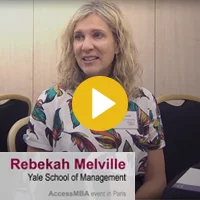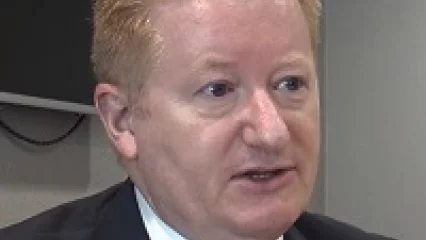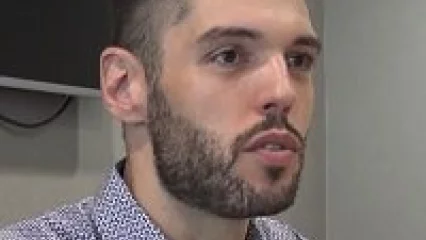[0:24] Q: What kind of questions should applicants ask business school representatives to make a good impression during the interview?
[0:31] A: During the interview questions that would be more compelling than others would show that you’ve done your homework on the programme of choice. For Yale this means that your questions would go the next level deeper than what is on the university website. We really want the students to use this opportunity to get to know us better than just from the website.
[1:22] Q: What are some common mistakes that MBA candidates could easily avoid during their application?
[1:29] A: The truth is it’s really hard to put together a perfect application. Everyone makes a few mistakes and that’s fine. Very often people don’t describe as much of their values as they should in their application documentation. The candidates should build a case for themselves on why there’s a spot for them in the programme they have chosen. The only way to do that in such a limited framework is by not repeating yourself and being individual.
[2:25] Q: Would you advise applicants to work with a coach while preparing their application?
[2:30] A: I think it depends on the coach personally. Typically, people who work in this field know multiple schools very well and sometimes they can be helpful to prospective candidates to guide them towards one school or another. However, you are not going to find many schools who are encouraging using a coach.
[3:32] Q: How many essays do you require and what is most important?
[3:39] A: We have only one essay, though we also have video questions which we think of as a second essay. What we are looking for is to get a little bit deeper in the sense of who you are, what you value the most and the actions you’ve taken towards your believes. No one gets in on the basis of a fantastic essay, but it is another valuable piece of your application.
[4:29] Q: What are you looking for in a CV/resume and how is it different from a job application?
[4:37] A: The two things are actually pretty different from each other. First of all, US business schools don’t want to see birthdays or pictures on CVs. The CV/resume is often times one of the first things the admissions committee will see and it helps us put your background in chronological order and immediately understand what industries you worked in and the impact that you’ve had on those positions. So rather than focusing on what you’re doing on a daily basis, focus on the impact that you’ve had in each one of those roles. Your CV/resume should really be only one page.
[5:30] Q: Which admission test do you require – GMAT, GRE or a school specific test?
[5:38] A: We have no school specific test, but we do require either GMAT or GRE and we look upon them pretty equally. The math on the GMAT could be considered a bit tougher, so we would expect you to do a little bit better on the GRE, but other than that we look on them equally.
[6:14] Q: And how important is the test score for getting admitted?
[6:19] A: Nobody gets in just because of a great essay or because they had a great score. However, the admission test is an important part of the whole application. I would recommend everyone to visit the school’s website just to get a sense of the range of test scores that are accepted.
[7:16] Q: What do the test scores reveal to the admission committee? Do you favour some test sections over others?
[7:24] A: It depends on the candidate, but in general we are going to look at every single score section. For example, if you have never taken a quantitative class in your life and your job has nothing to do with numbers, we’re going to look closer at the quantitative score of your test, because we want to know that you’re not going to struggle in class.
[8:22] Q: How does a top test score affect the chances of admission and scholarship?
[8:30] A: No one ever complained of a score that was too high. Again, that’s not why you’re going to get in, but it is always helpful. I think everybody wants really smart people in their programme and one indicator of that is a great test score. I also think a better score probably increases your chance to get a scholarship, but there are many other factors that go into that as well.
[9:03] Q: What is the biggest advantage of being on an Access MBA event?
[9:09] A: The convenient power of Access MBA is that your organisation can get a lot of very outstanding candidates in one place and introduce them to schools that they maybe never considered before, because they were too far away or they just didn’t know about them. That’s really the convenient power.



